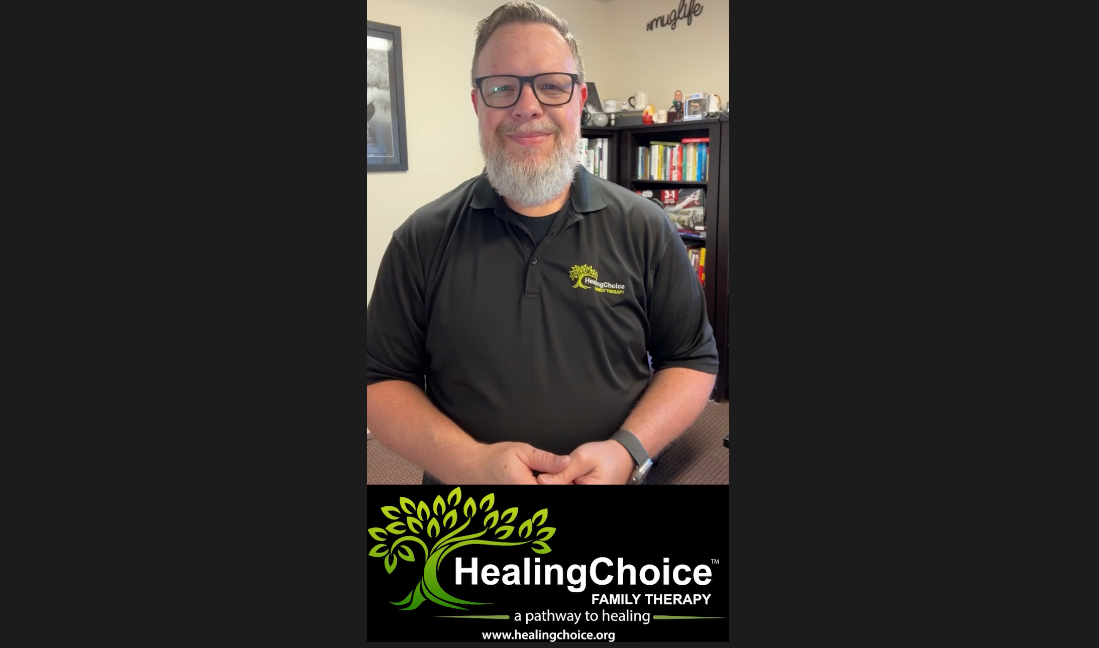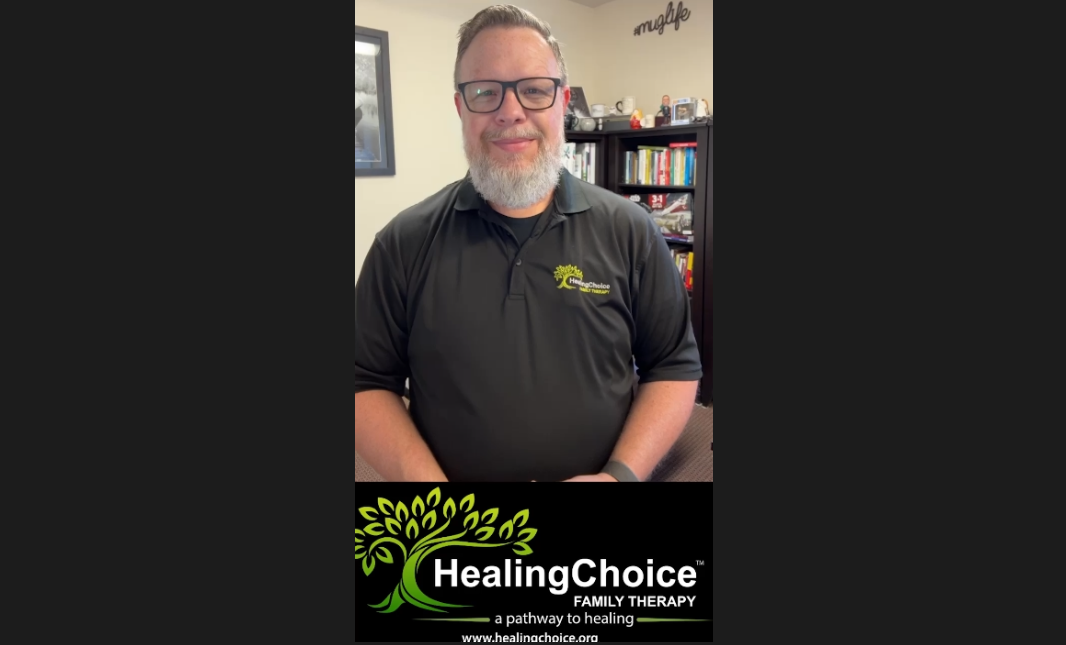Dr. Marcus N. Tanner
Listening with Empathy: The Key to Feeling Understood
January 21st, 2025
Enhancing Connection Through Heartfelt Listening
Welcome back to Tuesdays with Dr. Tanner! This week, we’re exploring one of the most potent ways to build emotional intimacy in your relationship: empathetic listening.
What Is Empathetic Listening?
When your partner shares their thoughts, feelings, or struggles, how you respond matters more than you might realize. Empathetic listening means putting your thoughts aside, being fully present, and truly hearing what your partner is saying. It’s not about offering solutions or jumping in with advice—it’s about creating a safe space for them to feel seen and understood.
For example, let’s say your partner comes to you after a rough day and says, “I’m so stressed. Everything went wrong at work today.” Your instinct might be to offer a quick fix, like, “Well, maybe you need to talk to your boss or change how you handle deadlines.” While logical, this response can feel dismissive because it skips over your partner’s feelings.
Instead, empathetic listening looks like this:
- “That sounds really hard. Tell me more about what happened.”
This simple shift—from problem-solving to listening—can transform your emotional connection. It communicates that you care about how they feel, not just about solving the problem.
Why Empathetic Listening Matters
Empathetic listening is a cornerstone of emotional intimacy. When your partner feels heard, understood, and validated, they feel safer being open and vulnerable with you. This deepens trust and strengthens your bond.
John Gottman, a leading relationship expert, once shared a beautiful sentiment with his wife, Julie: “When you’re hurting, the world stops, and I listen.” Isn’t that a powerful way to show love? Empathetic listening sends the message: “You matter to me, and I’m here for you.”
Stephen R. Covey said it best: “Most people do not listen with the intent to understand; they listen with the intent to reply.” Empathetic listening challenges us to be different—to listen with both our ears and our hearts.
When couples practice empathetic listening, they:
- Build Trust: Listening without judgment fosters a sense of emotional safety.
- Strengthen Connection: Feeling heard leads to deeper intimacy.
- Reduce Conflict: Misunderstandings and defensiveness decrease when people feel validated.
- Encourage Vulnerability: When your partner knows they can share without fear, they’re more likely to open up.
The Difference Between Hearing and Listening
There’s a significant difference between simply hearing words and truly listening with empathy. Hearing is passive—it happens automatically. Listening, on the other hand, requires intention and effort.
When you listen with empathy, you’re not just hearing what your partner is saying; you’re tuning into their emotions, their experience, and their unspoken needs. This kind of listening creates a profound sense of understanding.
Consider this:
- Hearing: “I had a tough day at work.” Response: “That sucks. Anyway, what do you want for dinner?”
- Empathetic Listening: “I had a tough day at work.” Response: “I’m sorry to hear that. What happened that made it so difficult?”
The second response invites your partner to share more, shows genuine care, and acknowledges their feelings.
How to Practice Empathetic Listening
The good news is that empathetic listening is a skill, and like any skill, it gets easier with practice. Here are a few simple steps you can try today:
1. Be Fully Present
- Put away distractions like your phone or the TV.
- Make eye contact and focus entirely on your partner.
- Let your body language show you’re listening: nod, lean in, and avoid multitasking.
Your full presence sends a powerful message: “I’m here for you, and you have my undivided attention.”
2. Hold Back Solutions
- Resist the urge to jump in with advice or problem-solving.
- Instead, focus on validating your partner’s feelings.
For example:
- Instead of: “Here’s what you should do…”
- Try: “That sounds overwhelming. I can see why you’d feel that way.”
Empathetic listening isn’t about fixing problems; it’s about helping your partner feel understood.
3. Ask to Learn More
-
Use phrases that encourage your partner to open up:
- “Tell me more about that.”
- “How did that make you feel?”
- “I’m here to listen—take your time.”
These prompts show your partner that you’re genuinely interested in their experience.
4. Reflect What You Hear
- Summarize what your partner is sharing to confirm that you understand.
-
For example:
- “It sounds like you’re feeling really overwhelmed right now.”
- “So, you’re saying that you felt unsupported in that moment—is that right?”
Reflecting helps your partner feel heard and gives them a chance to clarify if needed.
5. Validate Their Feelings
- Acknowledge your partner’s emotions, even if you don’t fully relate to their experience.
-
For example:
- “That makes sense. I can see why you’d feel that way.”
- “Your feelings are totally valid, and I’m here for you.”
Validation reassures your partner that their emotions are legitimate and accepted.
Your Challenge This Week
This week, I challenge you to listen with empathy, not answers. The next time your partner shares something—whether it’s a problem, a story, or a moment of frustration—pause, breathe, and respond with understanding.
Here’s what that might look like:
- Put your phone or distractions aside.
- Listen with your full attention.
- Respond with curiosity and empathy: “Tell me more about that.” or “It sounds like you’re feeling hurt—am I understanding that right?”
- Avoid offering advice unless they ask for it.
This practice might feel different at first, but the results are worth it. You’ll notice your partner feels more heard, understood, and connected to you.
Real-Life Example
Let’s consider a couple, Anna and James. Anna comes home upset after a frustrating meeting at work. She says, “I can’t believe how dismissive my manager was today. I feel so unappreciated.”
James has two choices:
- Fix It Mode: “Maybe you should talk to HR or start looking for a new job.”
- Empathetic Listening: “That sounds really upsetting. I’m sorry you had to deal with that. What happened?”
By choosing empathetic listening, James helps Anna feel heard and validated. He doesn’t need to fix the problem—he just needs to show up and listen.
A Final Thought
Empathetic listening isn’t about fixing problems—it’s about showing up for the person you love with an open heart and mind. It’s about saying, “I’m here. I care. You matter to me.”
Be the exception. Listen not with the intent to reply but with the intent to understand.
I’ll see you next Tuesday for more tips on building stronger, healthier relationships.
Take care, everyone!
Share this post on:
RECENT POST
-
Small Moments, Big Impact
January 14th, 2025
-
Embracing the New Year: A Path to Personal Growth
January 7th, 2025
-
Embracing the New Year: A Path to Personal Growth
December 24th, 2024
-
Reflections on Growth and Wisdom: A Path to Personal Growth
December 17th, 2024
CATEGORY
-
Relationships
-
Communication
-
Healthy Habits
-
Therapy
SUBSCRIBE
Copyright © 2023 HealingChoice Family Therapy All rights reserved.



